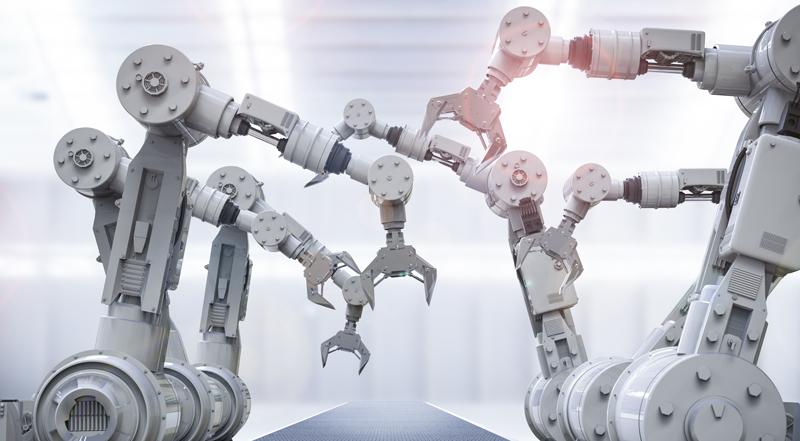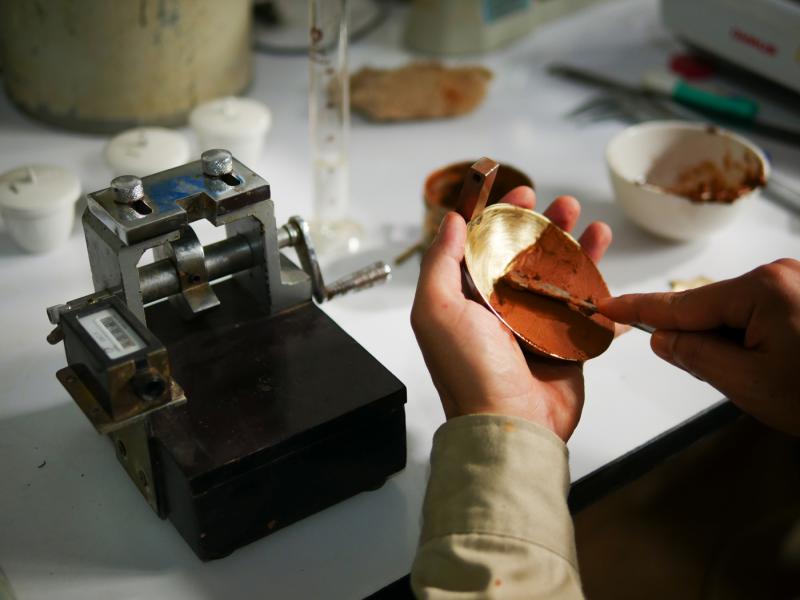The Economist reports that a manufacturer in Dongguan (China) has spent the equivalent of nearly 41k (NZD) on each robot he now has in his hybrid assembly line. It does not say how many he has, but the accompanying photo – if true – shows one human and three cobots. He expects to get his investment back within three years and has taken this path because he once paid his workers around $121 per month but now ‘young people turn up their noses at factory work’ and now demand just over $1000 per month. Dongguan reportedly has an official policy of encouraging automation, part of a national strategy to upgrade manufacturing, and has, claims The Economist, set aside the equivalent of $45m per year to help its factories eliminate jobs. Guangdong has pledged to spend $191billion (yes, billion) to boost the manufacture and adoption of robotics in the province, and Guangzhou’s goal is to automate the jobs of four-fifths of the city’s industrial workforce by 2020. It sounds ambitious but it is interesting to also note that less than two years ago, the average number of robots as a whole in China was fewer than 50 robots per 10,000 factory workers, compared with about 300 in Germany and Japan and more than 500 in South Korea www.theeconomist.com ‘
Editorial Column July
General
Thursday, 06 July 2017






